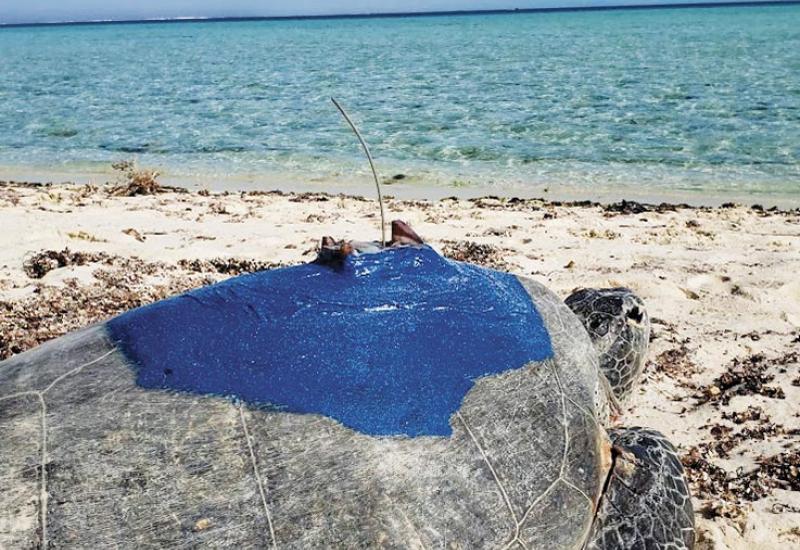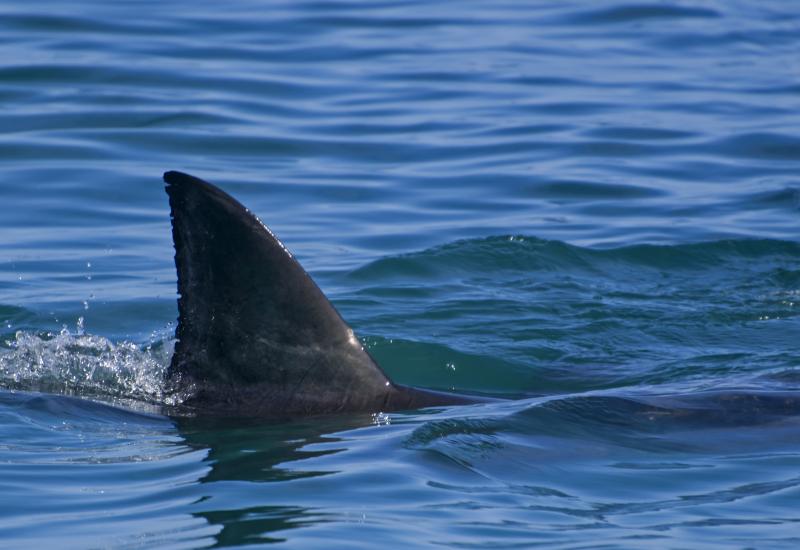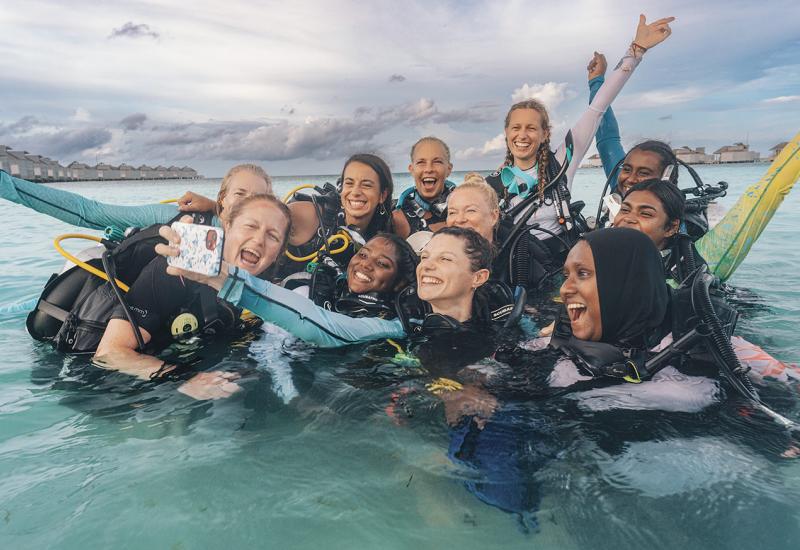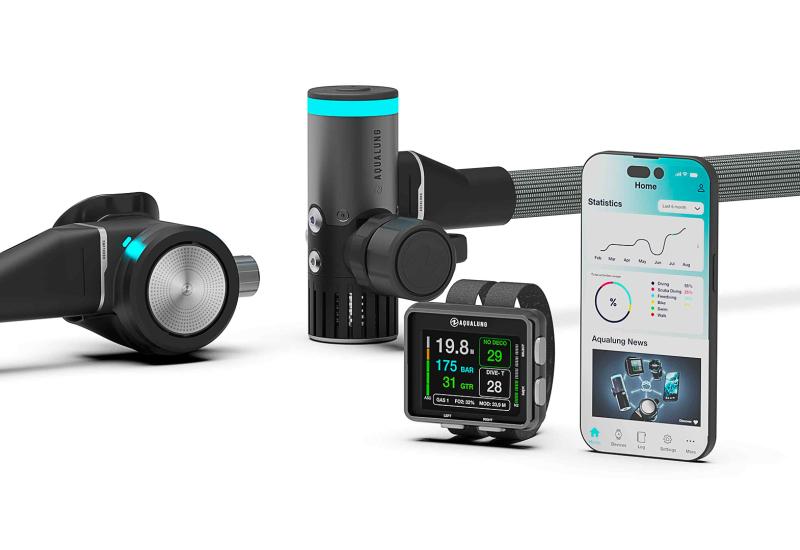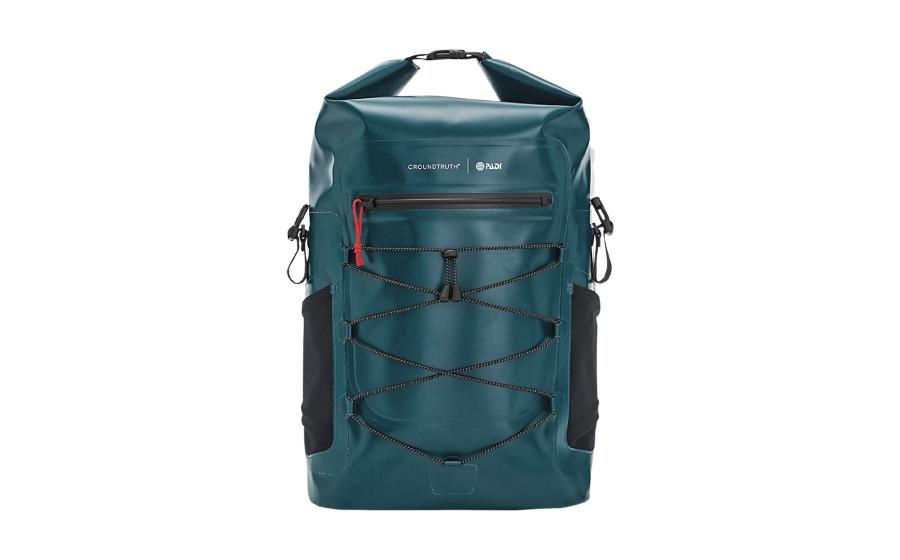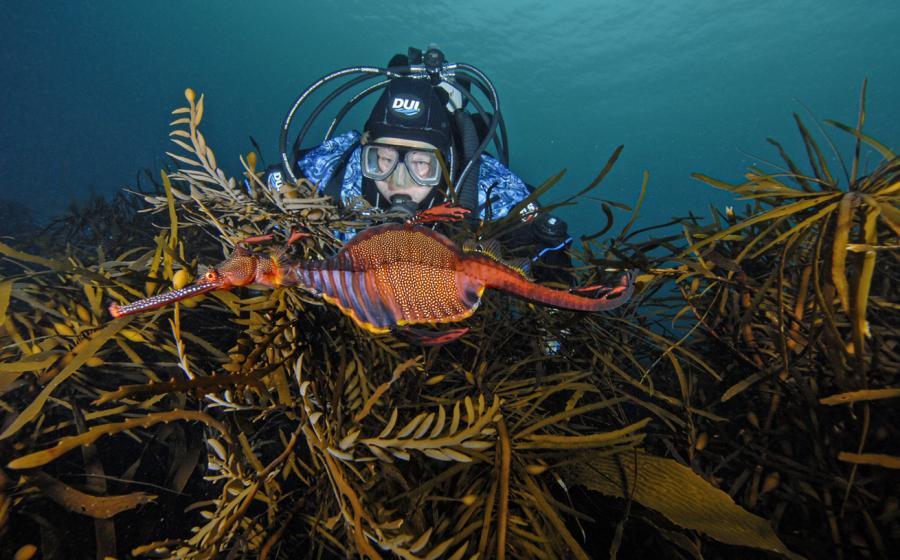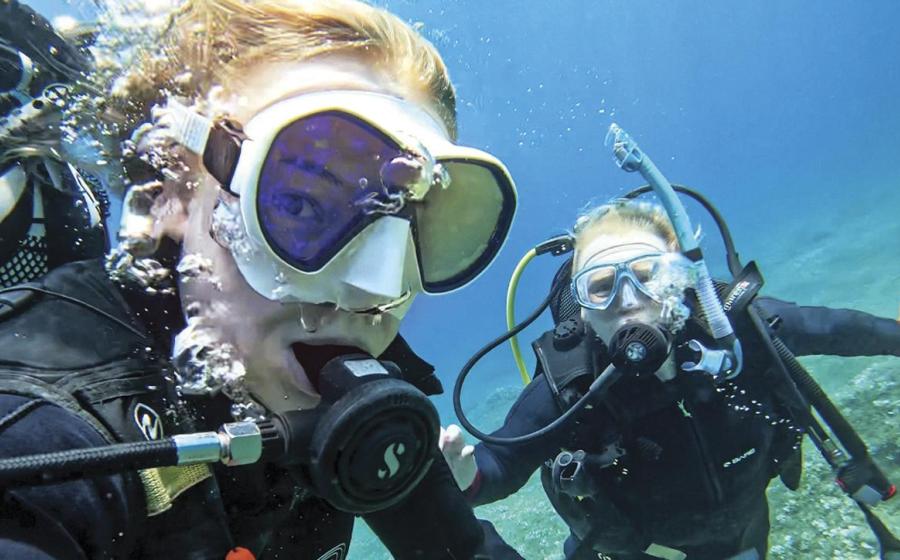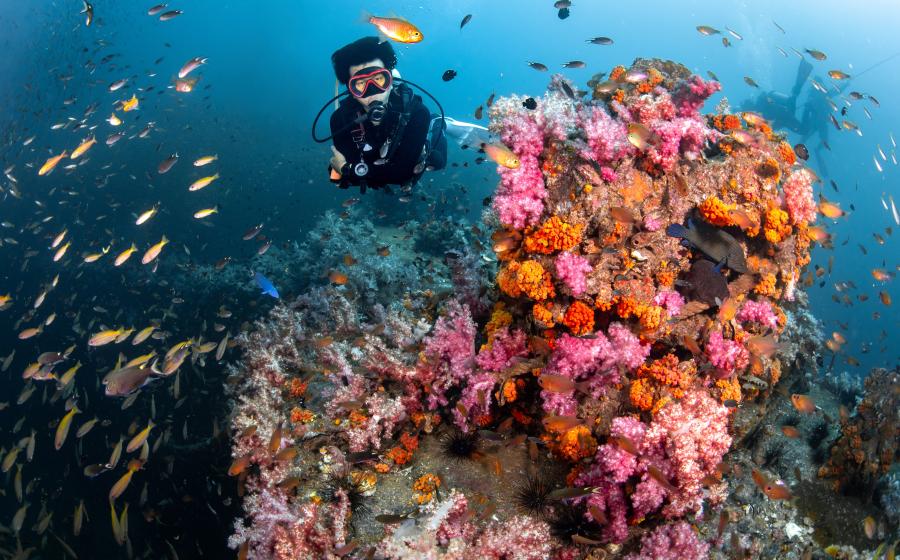How To Prevent and Treat Coral Scrapes
Scuba diving is traditionally a look, don't touch kind of sport. But even careful divers can inadvertently run into trouble. By far the most common diving injury is the common scrape, usually from coral.
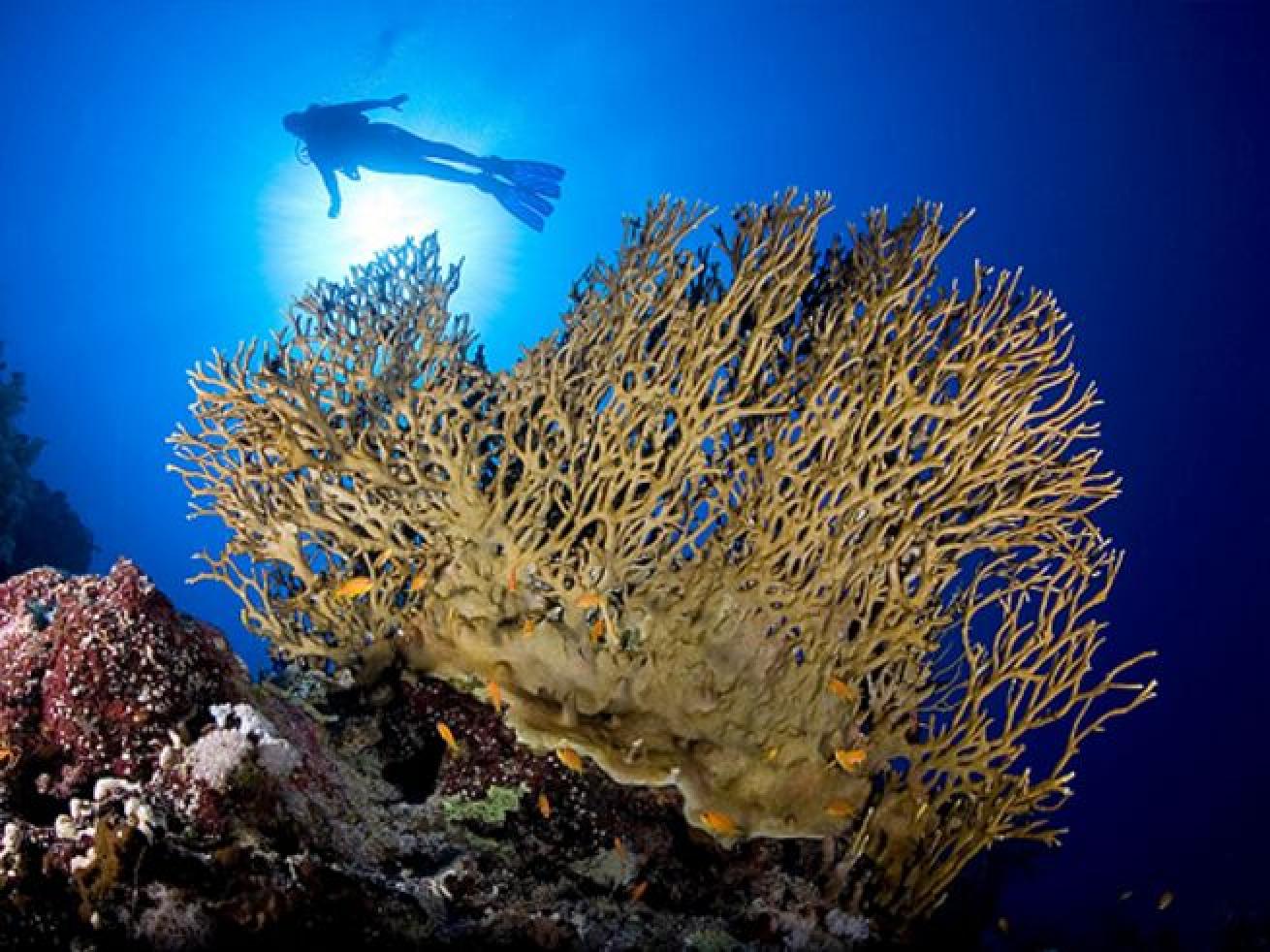
Nicholas SamarasAvoiding Coral Scrapes
Even careful divers may inadvertently come in contact with corals.
Irritations often occur as a result of a brush with coral or sponges. Coral scrapes can be painful and sometimes difficult to heal because the living organisms in the coral can get into the wound and cause infections. Contact with a sponge can leave irritating fibers in the skin, producing an itching rash that can range from mild to severe, possibly with pain and blistering.
Related Reading: VIDEO Great White Shark Surprises Scuba Divers
Even if you're careful, it's likely you'll come into contact with coral someday. If and when, here's what to do:
1. An ounce of prevention is worth a pound of cure. Makes sure your body is covered, even if just by a dive skin, and wear gloves where allowed.
2. Regularly irrigate a scrape with copious amounts of vinegar over a period of about 30 minutes.
3. Apply triple-antibiotic to the wound twice a day for a couple of days.
4. Scrapes can become infected even with proper initial care. Watch for hotness to the touch, redness or red streaks around the site, swelling, discharge of pus, or fever. If you see them, contact a doctor.
5. Fragments of coral sometimes become lodged beneath the skin and the body mounts a prolonged allergic reaction to them. In some cases, debridement is required to resolve the reaction.
Even in the absence of embedded coral remnants, it is not unusual for a marked hypersensitivity response to a coral injury to continue for three to four weeks before significantly improving. Sometimes the lesion will resolve, then return.
If a scrape doesn't substantially resolve within a month, or gets worse, you should consult a dermatologist.
Related Reading: Why You Should Join PADI Club
Editor's Note: Even innocent injuries can turn deadly if you have an allergic or severe reaction. After any accident, watch for severe swelling, dizziness, blurred vision, breathing difficulties, weakness, muscle pain, cold sweat and a rapid heartbeat. If any occur, call 911 (or DAN's emergency hotline 919-684-4DAN if no emergency services are available) immediately. Injectible epinephrine can help calm allergic reactions. CPR may be necessary until help arrives.

